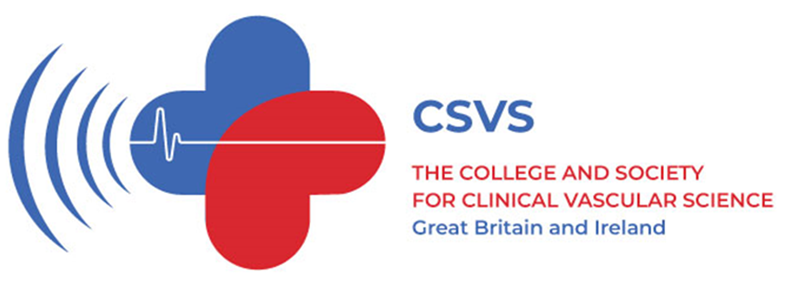Original Research
Development of a rehabilitation programme for individuals with chronic limb threatening ischaemia post revascularisation (HOPE): a modified Delphi study
Introduction Peripheral artery disease (PAD) affects over 236 million globally,1 equating to approximately 20% of individuals aged over 60 in the UK. Already identified as the leading contributor to vascular service demand within secondary care,2 the prevalence of this condition is projected to increase by 50% by the year 2045.3 The most severe manifestation of…
Can pre-existing CT or MRI scans be used to improve efficiency and ascertainment in the NHS Abdominal Aortic Aneurysm Screening Programme (NAAASP)?
Introduction Abdominal aortic aneurysms (AAAs) are abnormal dilatations of the aorta below the diaphragm and before its bifurcation into the two common iliac arteries. The majority of AAAs are asymptomatic but, with time, the AAA grows and with it the chance of rupture, at which point it is often fatal.1 Early detection and monitoring improves…
Outcome measurement for vascular amputee patients: a scoping survey of UK clinical practice
Introduction Peripheral arterial disease (PAD) and/or diabetes is the largest cause of major amputation.1 Individuals who have undergone an amputation due to vascular disease (‘vascular amputees’) often have multiple comorbidities, are older, frail,2 have decreased physical function and live with disability following their amputation.3,4 Vascular amputees often do not wear a prosthesis for ambulation for…
Surgical Site Infection in Major Lower Limb Amputation (SIMBA): an international multicentre audit: baseline unit survey
Introduction Surgical site infections (SSIs) are a common complication following any surgical procedure, accounting for 20% of all hospital-associated infections.1 The incidence of SSI following major lower limb amputation (MLLA) is particularly high, with a recent systematic review reporting an overall incidence of 7.2% and single-centre studies reporting rates up to 27%.2 SSIs are a…
Arterial assessment of the lower limb and foot: perceived benefits and disadvantages of current methods in contemporary practice
Introduction Cardiovascular disease (CVD) is now a major public health concern and World Health Organisation (WHO) sustainable development goal (SDG).1 As a non-communicable disease, the SDG target is mortality reduction and prevention of disease burden (SDG 3.4.1).2 Arterial disease outside the brain or heart is referred to as peripheral artery disease (PAD), a subtype of…











